Nala has a family
Someone appears to have started caring for our little ginger cat and while we respect your kindness and love we are asking for this to stop now. She has a loving caring family and you run the risk of overdosing her on flea/worm treatment - not to mention the open wound she has developed from a flea treatment she is allergic to. Nala wears no collar because she drops them almost instantly, but she IS microchipped and she IS already a member of a loving and caring family. She has food and skin allergies and should not be fed or treated with anything we are not already providing her with. Please help us keep her safe and leave her be! Photos attached.
Poll: Should complete designs be shared with the public, or should the community help shape the designs from the start?
The Post recently shared an opinion piece on the Harbour Crossing and why a more democratic approach might be needed 🚗🚲👟
While most decisions sit within the political arena, many organisations—like NZTA—manage long-term projects that go beyond party lines. Politics can sometimes disrupt progress, and the next Harbour Crossing is a big decision that will affect all Aucklanders.
We’d love your thoughts: Should near-complete, shovel-ready designs be shared with the public, or should the community have a hand in shaping the designs from the start?

-
0% Community feedback and transparency is needed.
-
0% No. This would be impossible in practice.
Poll: Should the government levy industries that contribute to financial hardship?
As reported in the Post, there’s a $30 million funding gap in financial mentoring. This has led to services closing and mentors stepping in unpaid just to keep helping people in need 🪙💰🪙
One proposed solution? Small levies on industries that profit from financial hardship — like banks, casinos, and similar companies.
So we want to hear what you think:
Should the government ask these industries to contribute?

-
59.6% Yes, supporting people is important!
-
25.9% No, individuals should take responsibility
-
14.5% ... It is complicated
A Neighbourly Riddle! Don’t Overthink It… Or Do?😜
Do you think you know the answer? Simply 'Like' this post if you know the answer and the big reveal will be posted in the comments at 2pm on the day!
If you multiply this number by any other number, the answer will always be the same. What number is this?

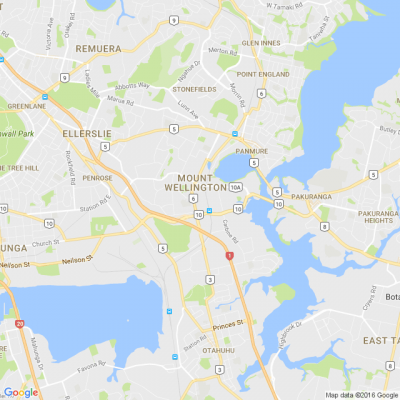
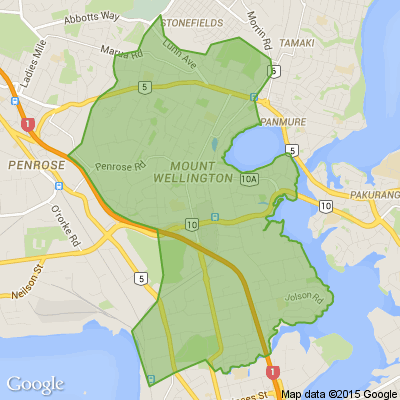




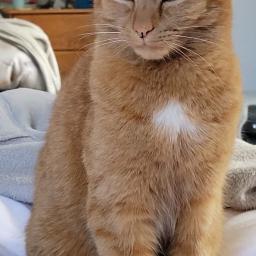
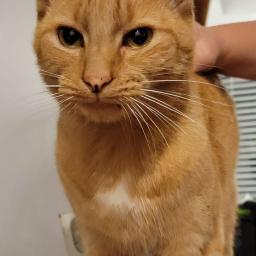
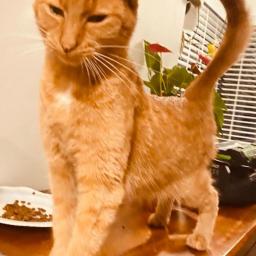
 Loading…
Loading…